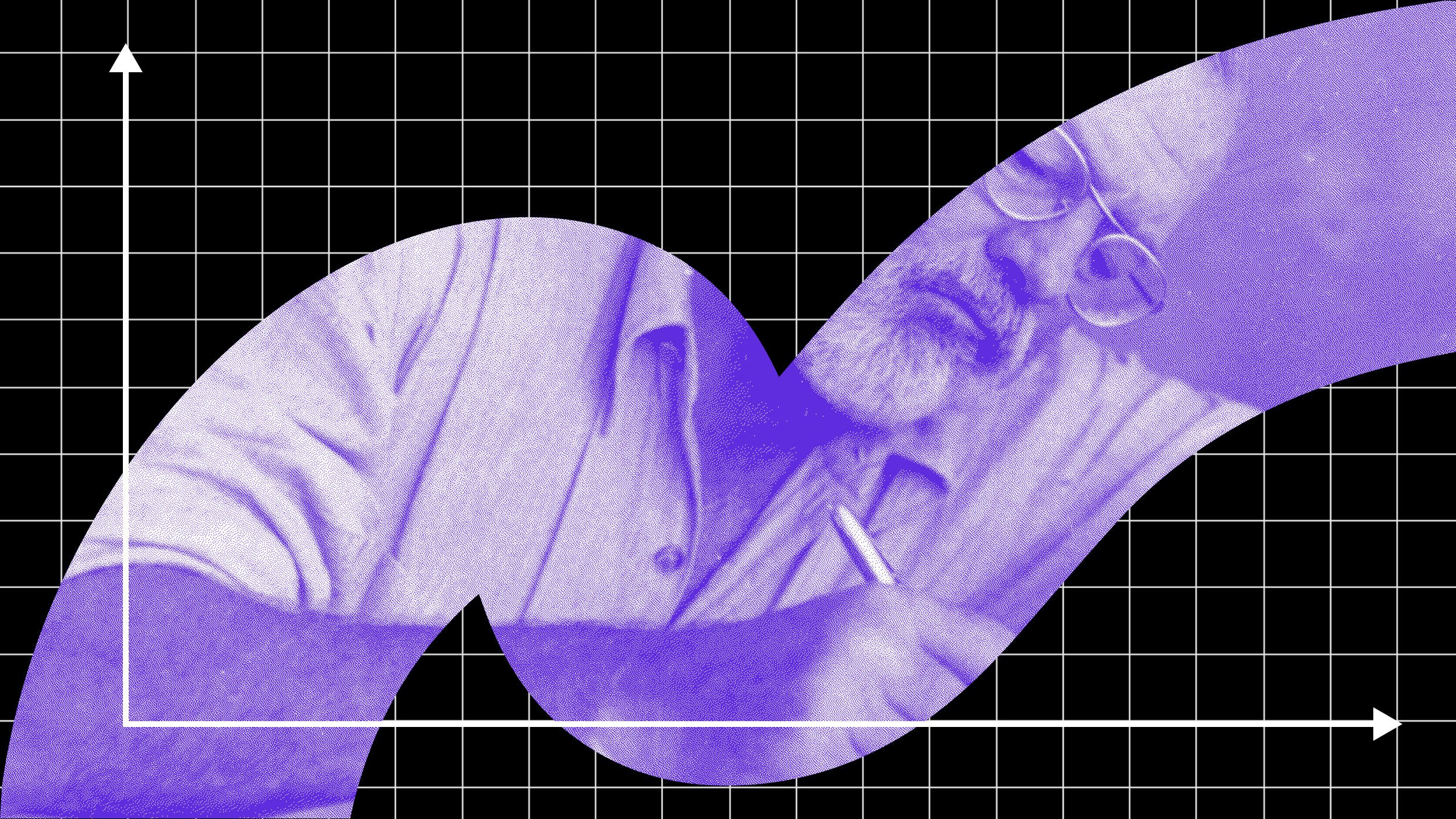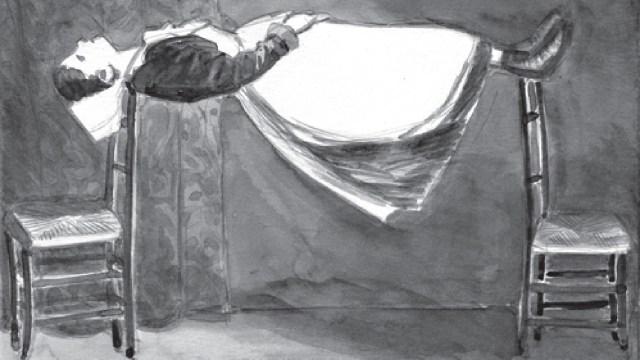The Zeigarnik Effect: Why Getting The Ball Rolling Is The Best Antidote To Procrastination

Have you got an item that is forever lingering on your to-do list? Maybe it’s a task that requires a decent chunk of time to complete. Perhaps there never seems to be enough time to spare to make it worth starting right now, so it just keeps getting pushed down the to-do list, but that deadline is coming ever closer. Sound familiar?
If you have a task in mind, stop reading this article and go and take a blank sheet of paper and spend just one minute planning out how you intend to tackle the task, and then come back here and continue reading. If it’s an essay, write the first line; if it’s a report, start writing the contents page. For now it doesn’t matter what you write, and it doesn’t matter if it’s your final answer. Indeed you might well erase it later; all that matters is you write something; all that matters is that you start the task.
Congratulations, you have just activated the Zeigarnik Effect, which will cause you to feel the niggling urge to complete the task from now on, until you finish it. The Zeigarnik Effect was discovered by Bluma Zeigarnik in the 1920s when she found that people have a better memory for tasks that they have not yet completed. In her experiment she gave people puzzles to complete but interrupted them half way through completing some of the puzzles. Zeigarnik found that people were twice as good at remembering the tasks that were interrupted compared to the tasks that they were allowed to complete.
The experiment was inspired following an observation by Zeigarnik’s professor Kurt Lewin who noticed the tendency of waiters to remember their open orders in detail before promptly forgetting all the details of these orders just as soon as the cheque was settled.
The Zeigarnik Effect might also explain why you just can’t help but watch that next episode of Mad Men, as cliffhangers leave us with that very same niggling feeling that we all have when we haven’t quite finished a task.
Follow Simon Oxenham @Neurobonkers on Twitter, Facebook, RSS or join the mailing list. Image Credit: Adapted from Wikimedia Commons
Reference: Zeigarnik, Bluma. (1938): “On finished and unfinished tasks.” A source book of Gestalt psychology. 300-314.





